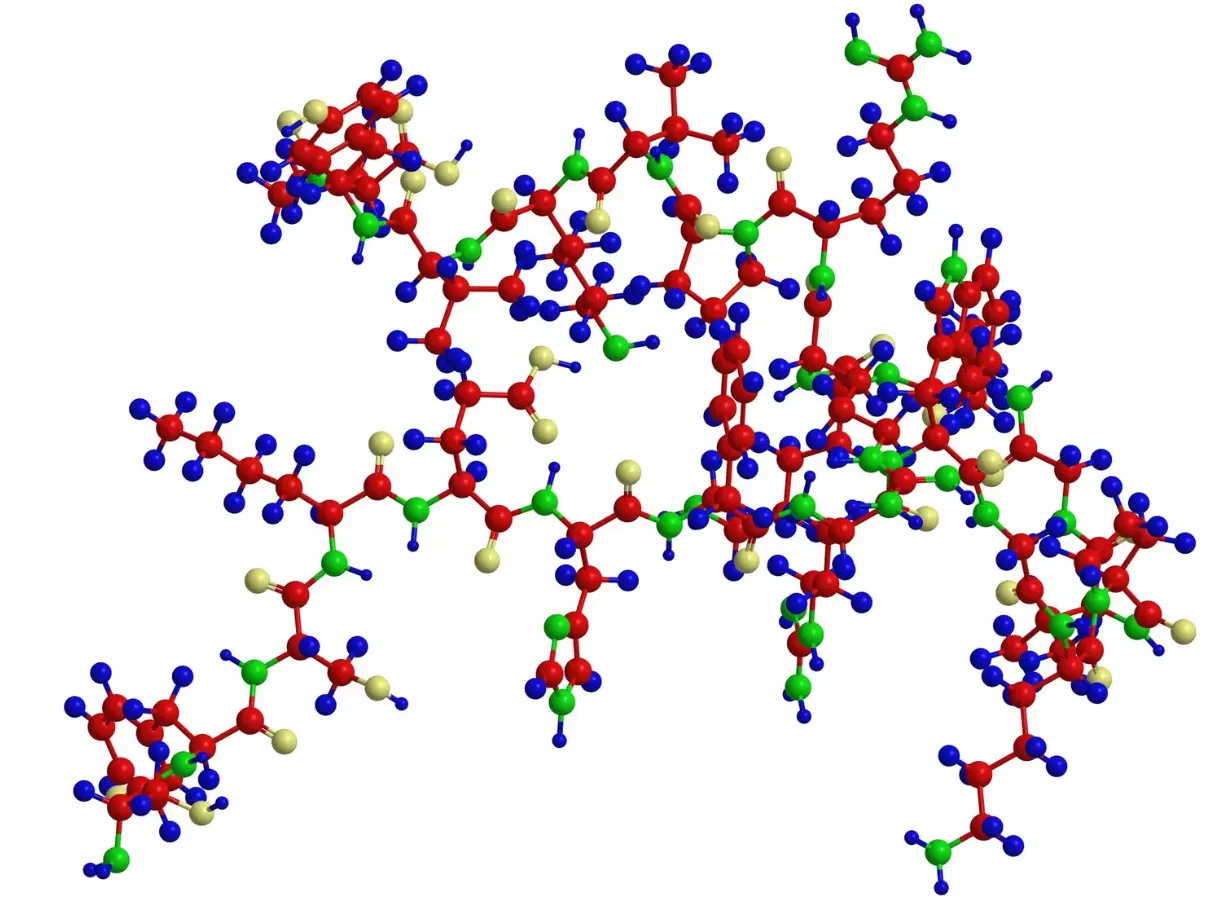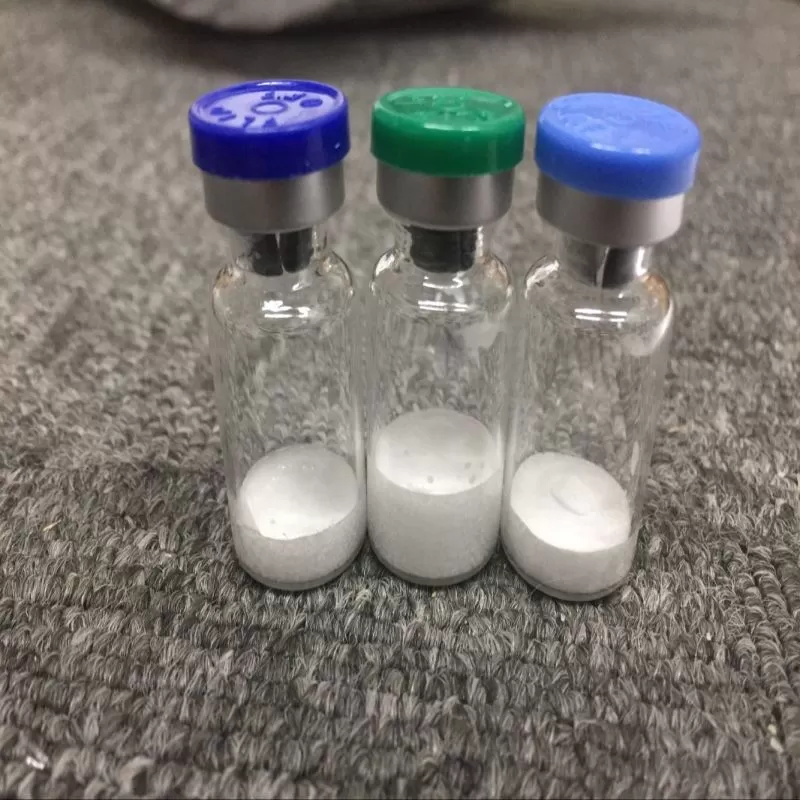Difference Between a Peptide and a Protein
Proteins and peptides are essential components within cells, carrying out vital biological functions. Proteins contribute to cell shape and respond to external signals, while certain peptides regulate the activities of other molecules. Structurally, proteins and peptides share similarities, comprised of chains of amino acids held together by peptide bonds. However, what sets peptides apart from proteins?

The key distinguishing factors lie in their size and structure. Peptides are smaller, typically consisting of 2 to 50 amino acids, while proteins are composed of 50 or more amino acids. Furthermore, peptides tend to have less defined structures compared to proteins, which can adopt complex conformations known as secondary, tertiary, and quaternary structures. Additionally, functional disparities can be observed between peptid





